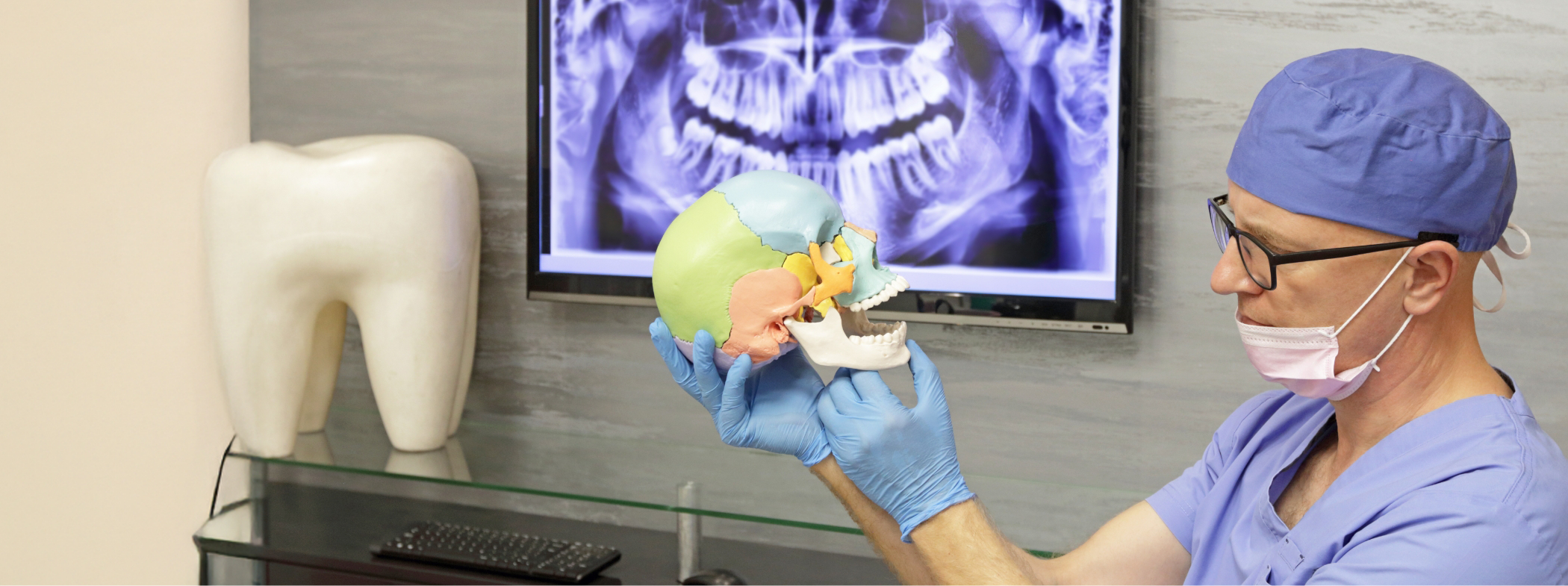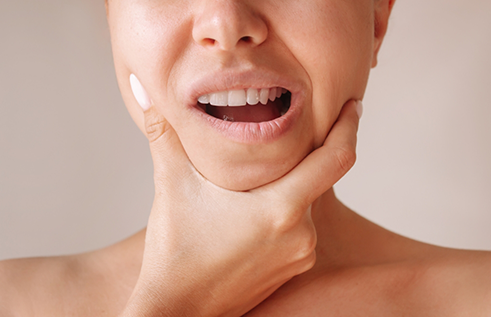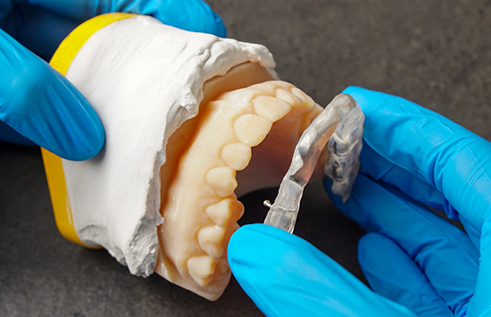TMJ Treatment Lillington
Addressing Chronic Jaw Pain Once and For All

When chronic jaw pain causes you to miss work or forgo social gatherings with friends, it’s time to get help. The temporomandibular joints (TMJ), which are located on either side of the jaw and at the base of your skull, must function correctly if eating, speaking, and even smiling are to be enjoyed. Unfortunately, when these joints become damaged or inflamed for any reason, daily tasks can become nearly impossible. With TMJ treatment in Lillington, Dr. Butler and our team can alleviate the pain once and for all. Call us to learn more about our methods so that you can be free from the discomfort.
Why Choose Lillington Dental Care for TMJ Treatment?
- Dentist Creates Custom-Made Occlusal Splints
- Dental Team Will File Your Insurance Claims
- Locally Owned & Operated Dental Practice
Symptoms of TMJ Disorder

If you suspect you may be dealing with TMJ disorder, the following are some symptoms you may be experiencing:
- Pain throughout the jaw, neck, and head
- Difficulty opening your mouth to chew or bite down
- Frequent headaches
- Lockjaw or clicking and popping of the jaw
- Worn-down tooth enamel
- Earaches
-
Teeth grinding and clenching (bruxism)
Occlusal Splints

With the help of a customized occlusal splint, we can effectively address two common problems – the positioning of your jaw joints and teeth grinding. Using this special oral device, you will not only notice that your teeth no longer touch throughout the night (alleviating worn-down tooth enamel), but your jaw joints will also begin to rest in a more comfortable position. As a result, they will no longer experience excessive pressure that causes painful mornings.
Equilibration / Occlusal Adjustments

If we find that your bite is misaligned, and it is the culprit behind your TMJ, we will need to perform an equilibration/occlusal adjustment. This involves altering certain teeth and/or those with restorations that are causing your bite to be off. By fixing these teeth, we can more evenly distribute the pressure when you bite down so that your jaw joints no longer feel any pain.
